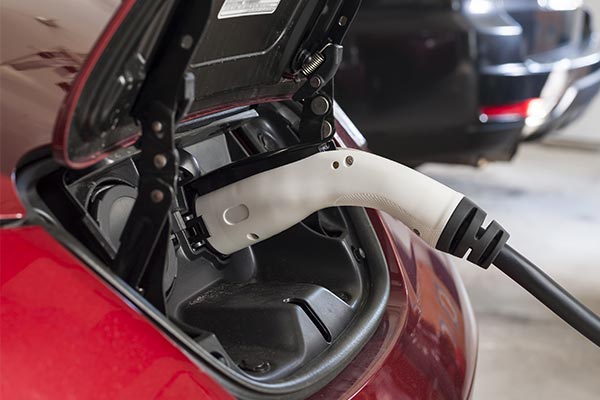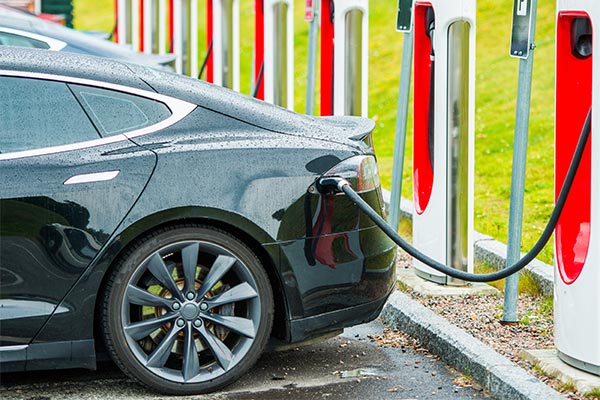Keep the Spark Alive

Electric cars are environmentally friendly and are becoming much more accessible. But, in most cases, that's about all people know about these modern vehicles which will soon become commonplace. We've found the biggest obstacle for most electric vehicle owners is finding a qualified electrician to install a charger in their home.
Grace Mountain Electric will help you choose the ideal EV charger for your car and professionally install it according to code. Call today to schedule a complimentary consultation.


